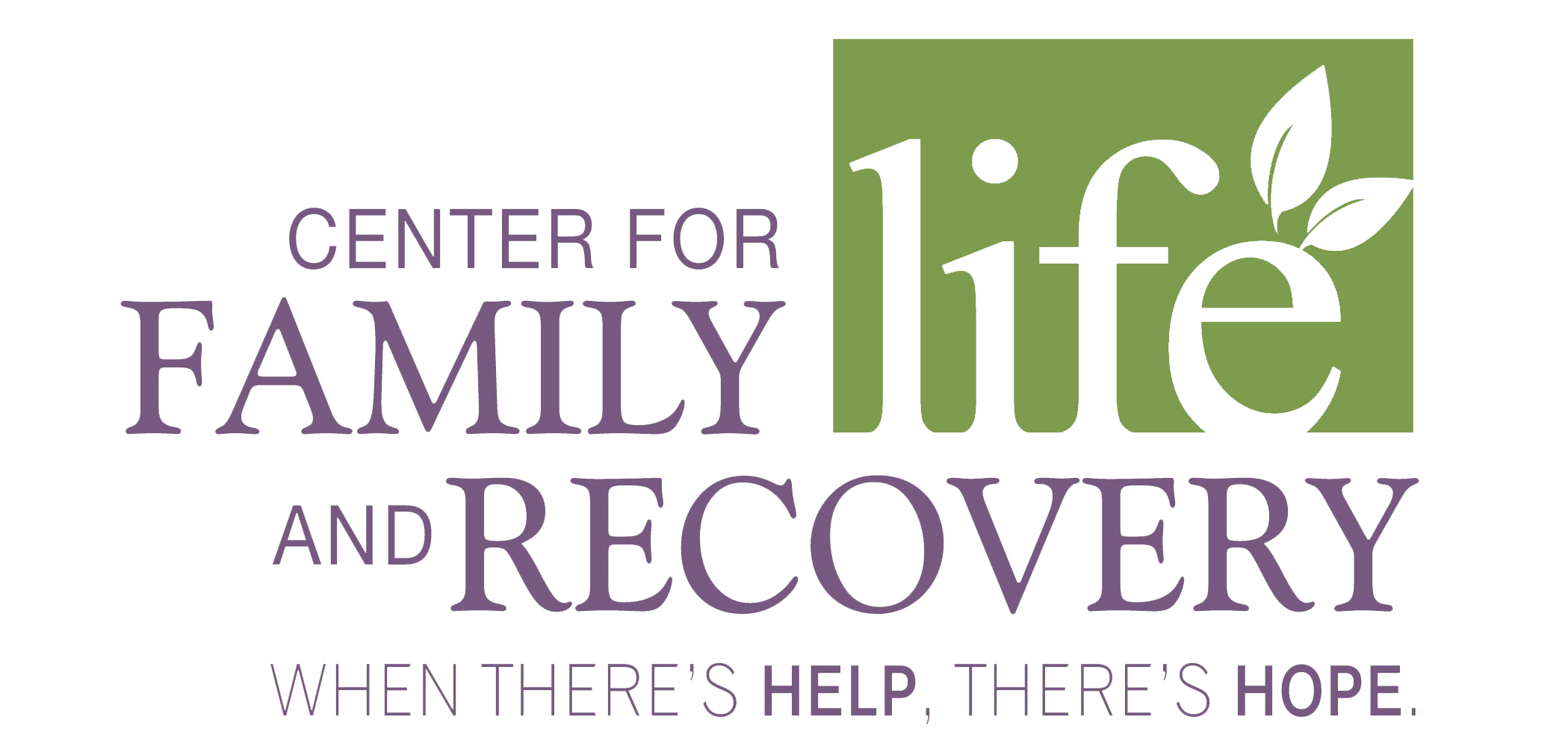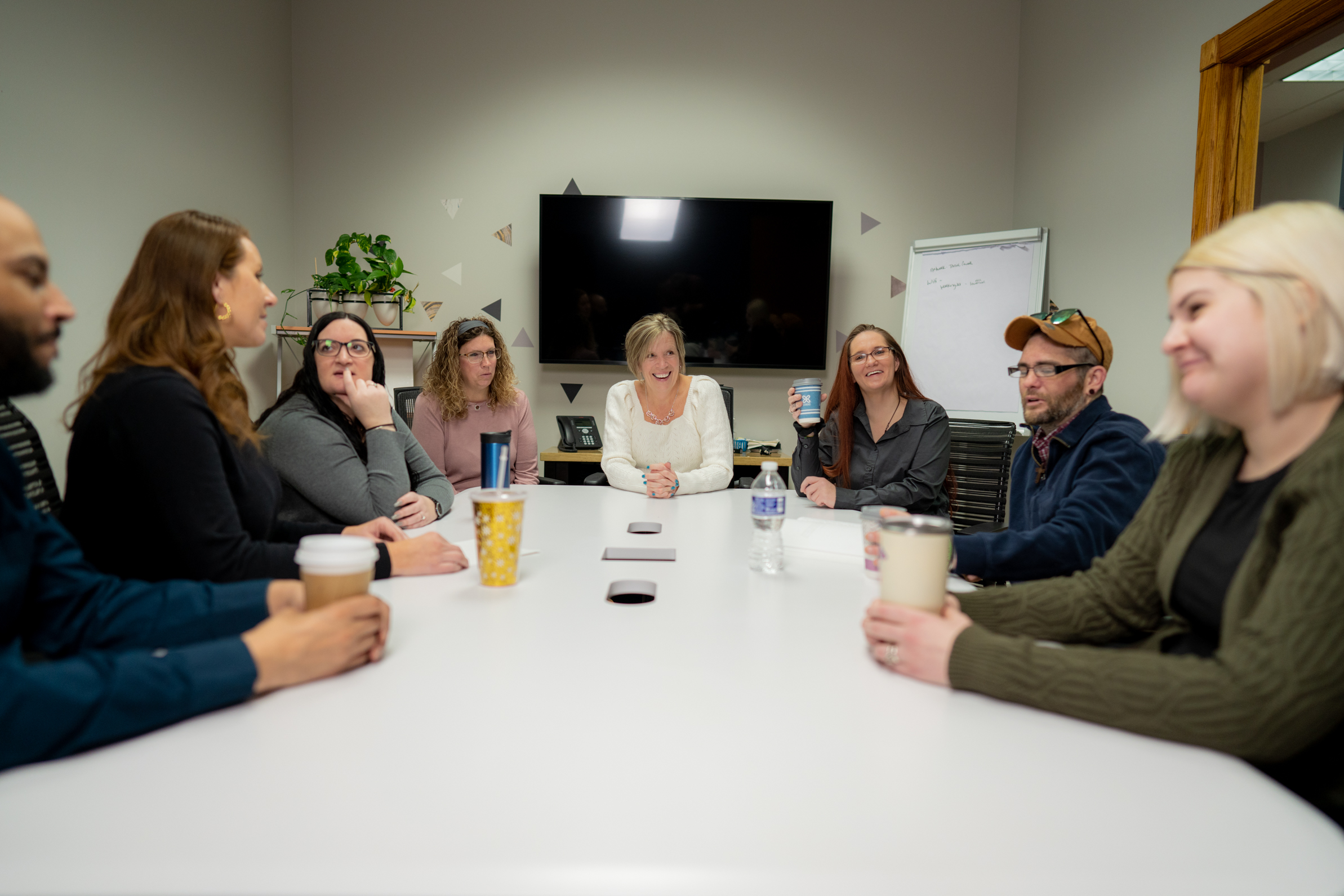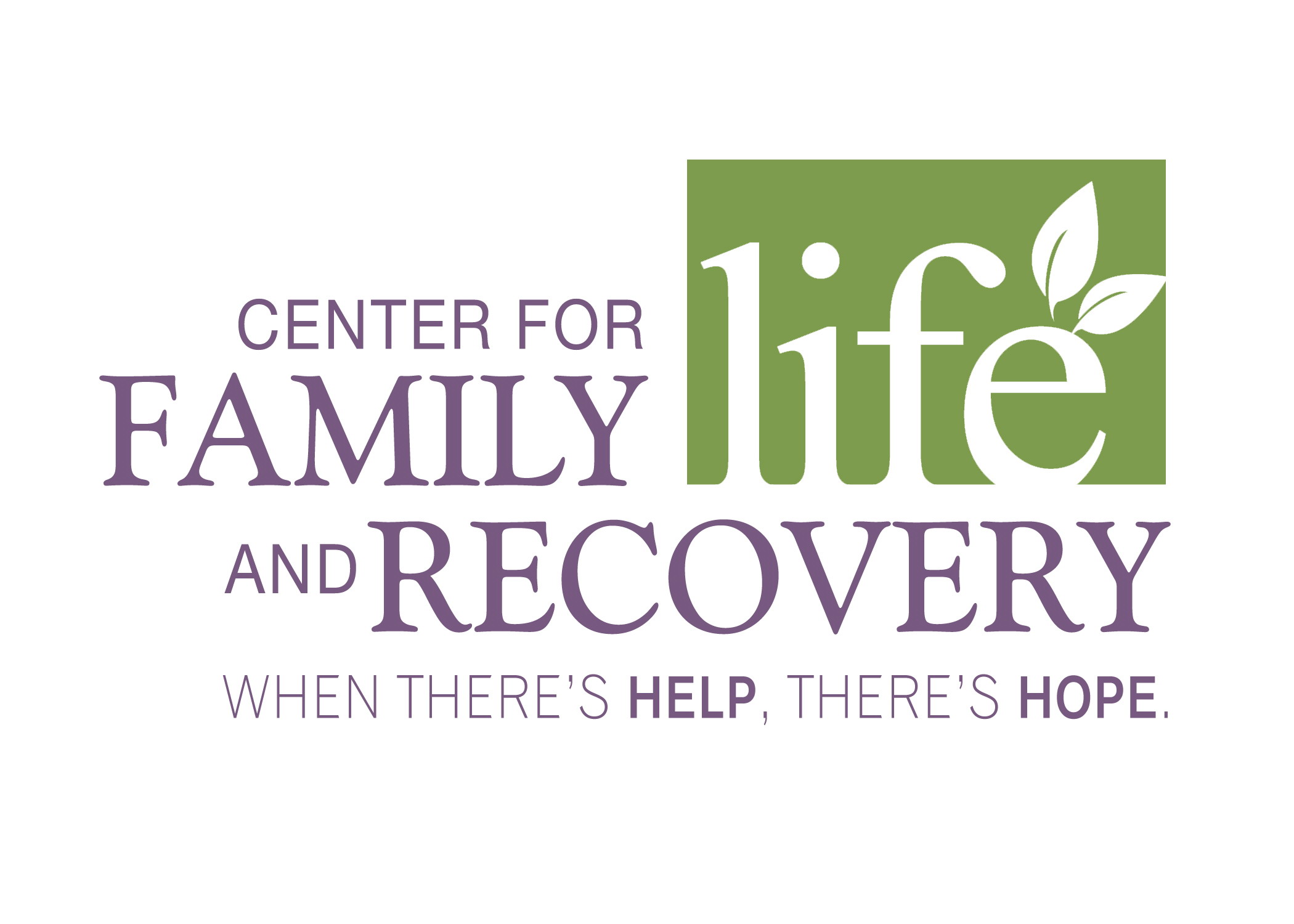Utica, New York (October 2024) — For the first time since 2020, the United States has witnessed a significant decline in overdose deaths, with a 10.6% decrease reported between April 2023 and April 2024, according to the Centers for Disease Control and Prevention (CDC). This decline is projected to save approximately 20,000 lives by the end of 2024, marking a hopeful turn in the fight against the opioid crisis.
“The trends are definitely positive,” remarked Dr. Keith Humphreys, a renowned drug policy researcher at Stanford University. “This is going to be the best year we’ve had since all of this started.”
Experts attribute this welcome news to several key interventions, including the expanded availability and affordability of medical treatments for fentanyl addiction. “Expansion of naloxone and medications for opioid use disorder — these strategies worked,” said Dr. Volkow at the National Institute on Drug Abuse (NIDA).
The Center for Family Life and Recovery (CFLR) has been a pivotal force in supporting individuals and families impacted by addiction in the Utica, Herkimer, and Rome areas of New York. By providing advocacy, prevention, counseling, and training, CFLR promotes wellness and transforms lives, reinforcing the message that “when there’s help, there’s hope.”
“By focusing on education, early intervention, and increasing access to life-saving resources, like Narcan and Deterra bags, we have been able to make a real difference in our community. We have seen firsthand how prevention can save lives and inspire hope, and we are committed to continuing this work to ensure even more youth, families, and individuals are protected from the impact of addiction,” said Francesca Esposito, Prevention Manager with CFLR. The success of these interventions highlights the importance of continued support and funding for community-based programs that offer tangible benefits to those in need.
Through an initiative to raise awareness on overdoses, in 2024, CFLR’s Recovery Team has hosted 270 Narcan training sessions in a variety of formats including in-person, virtual, and one-on-one sessions. This outreach successfully trained 187 individuals, significantly enhancing community knowledge. With a distribution of 514 Narcan kits, CFLR empowers participants to be proactive in taking action, fostering a greater awareness, and response to overdose situations.
Dr. Rahul Gupta, the White House drug czar, called for increased funding for addiction treatment and healthcare services, especially in marginalized communities where overdose deaths remain disproportionately high. “There is no way we’re going to beat this epidemic by not focusing on communities that are often marginalized, underserved, and communities of color,” Gupta stated.
While the national decline in overdose deaths is a cause for cautious optimism, experts agree that there is still much work to be done. “It’s something we should feel pleased about,” said Dr. Rachel Winograd, director of addiction science at the University of Missouri St. Louis. “But we must continue our efforts to sustain and build on this progress.”
CFLR remains committed to its mission of inspiring hope and promoting recovery. The organization encourages the community to support its ongoing efforts through donations and participation in events such as the recent Tim Foley Recovery Classic Golf Tournament and Light of Hope ceremony.
For more information about CFLR and how you can help make a difference, visit Center for Family Life and Recovery.
Center for Family Life and Recovery, Inc. is proud to be the area’s leading expert in advocacy, prevention, counseling, and employee assistance programs. Along with supporting individuals and families struggling with addiction and recovery, mental health, and behavioral issues, CFLR’s goal is to inspire hope, provide help, promote wellness, and transform lives. To learn more, visit www.whenthereshelpthereshope.com


